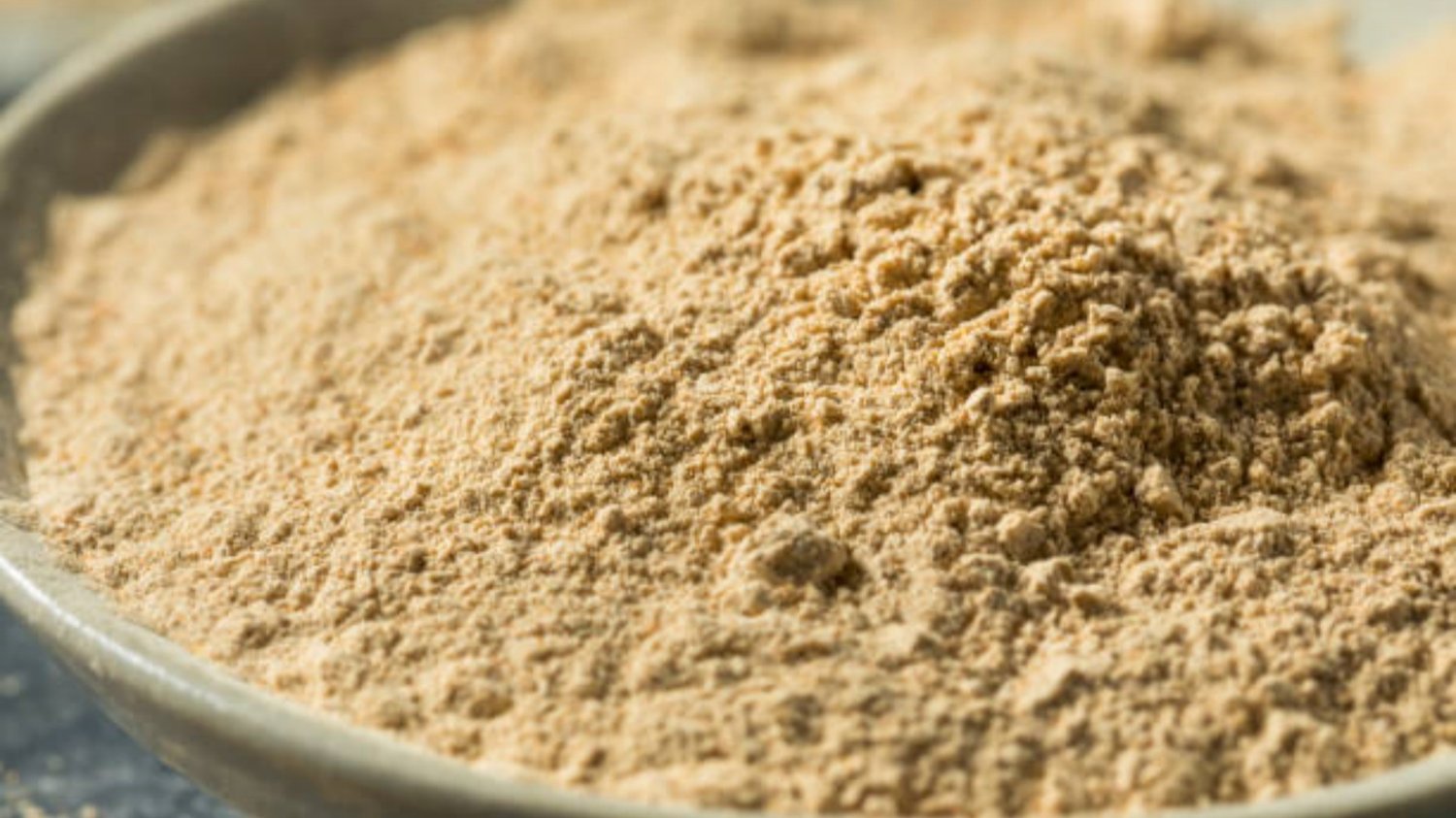A Natural Solution for Effective Insect Control
Spinosad insect control has gained significant popularity in recent years as a natural and effective method for managing pests. Derived from a soil bacterium called Saccharopolyspora spinosa, spinosad offers a safe alternative to synthetic pesticides without compromising on efficacy. In this article, we will explore the various aspects of spinosad insect control and how it can help you combat unwanted pests in your home or garden.
1. Understanding Spinosad: An Overview
Spinosad is a naturally occurring compound that is toxic to a wide range of insects, including beetles, caterpillars, thrips, and leafminers. It works by targeting the nervous system of these pests, causing paralysis and ultimately leading to their demise. Unlike many synthetic pesticides, spinosad has a low toxicity to mammals, birds, and beneficial insects such as bees and ladybugs.
2. The Benefits of Spinosad Insect Control
One of the key advantages of spinosad insect control is its effectiveness against a broad spectrum of pests. Whether you are dealing with garden pests like aphids and whiteflies or household pests like ants and cockroaches, spinosad can provide a reliable solution. Additionally, spinosad has a relatively short residual effect, which means it does not linger in the environment for an extended period.
3. How to Use Spinosad Products
Spinosad insect control is available in various forms, including sprays, granules, and dust. When using spinosad, it is essential to carefully read and follow the instructions provided by the manufacturer. Start by identifying the target pests and choosing the appropriate formulation. Apply the product directly to the affected areas or as a preventive measure in the case of susceptible plants.
4. Spinosad for Organic Gardening
For those practicing organic gardening, spinosad insect control is an invaluable tool. Approved for use in organic agriculture by leading certification bodies, spinosad is compliant with the strict guidelines of organic farming. By incorporating spinosad into your pest management strategy, you can protect your crops without compromising the integrity of your organic practices.
5. Safety Considerations with Spinosad
While spinosad is generally considered safe for humans and pets, it is important to take certain precautions when using any pesticide. Avoid direct contact with the product and wear protective clothing when applying spinosad. Keep children and pets away from treated areas until the product has dried or as specified by the manufacturer. Always store spinosad products in a secure location, out of reach of children.
6. Spinosad Resistance in Insects
Over time, some insects may develop resistance to spinosad. To minimize the risk of resistance, it is advisable to rotate spinosad with other insecticides that have different modes of action. This approach helps prevent the pests from becoming resistant to spinosad and ensures long-term effectiveness in pest control.
7. Integrated Pest Management with Spinosad
Spinosad is an excellent addition to an integrated pest management (IPM) program. IPM focuses on using multiple strategies to control pests while minimizing environmental impact. By combining spinosad with cultural practices, biological controls, and monitoring techniques, you can achieve optimal results in managing pest populations.
8. Spinosad and Pollinators
Concerns about the impact of pesticides on pollinators, such as bees, have become increasingly prevalent. However, spinosad has shown minimal toxicity to bees when used according to label instructions. To further protect pollinators, it is advisable to apply spinosad in the late evening or early morning when bees are less active.
9. Spinosad for Household Pest Control
In addition to its applications in gardening, spinosad can also be used for controlling household pests. Ants, cockroaches, and other common pests can be effectively managed using spinosad-based baits or sprays. These products provide a safe and environmentally friendly alternative to traditional chemical insecticides.
10. Spinosad: A Sustainable Pest Control Solution
With its natural origin, low toxicity, and broad spectrum of activity, spinosad insect control offers a sustainable solution for managing insect pests. Whether you are an organic gardener or simply looking for a safer alternative to synthetic pesticides, spinosad can help you achieve effective pest control without harming the environment or compromising your health.

